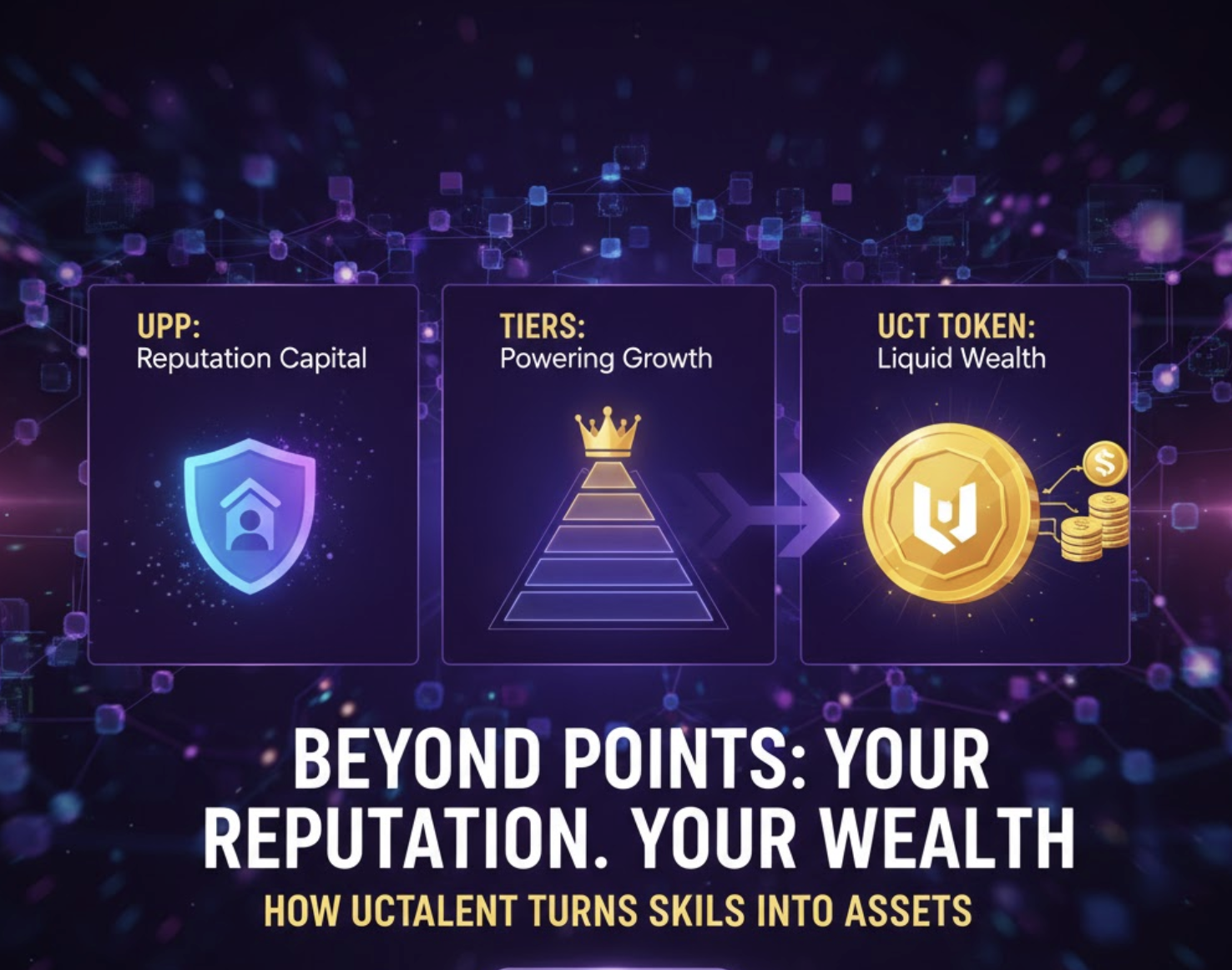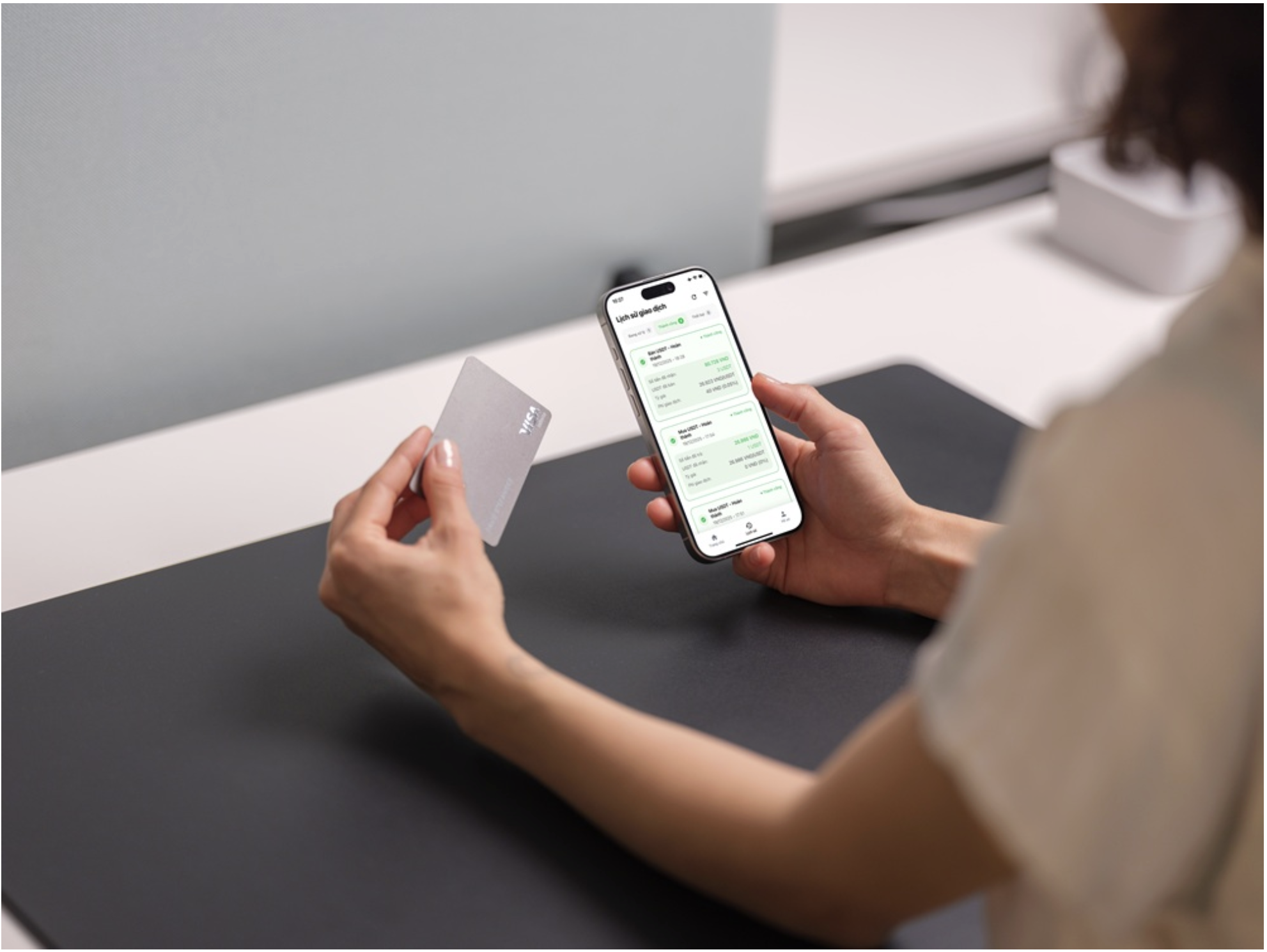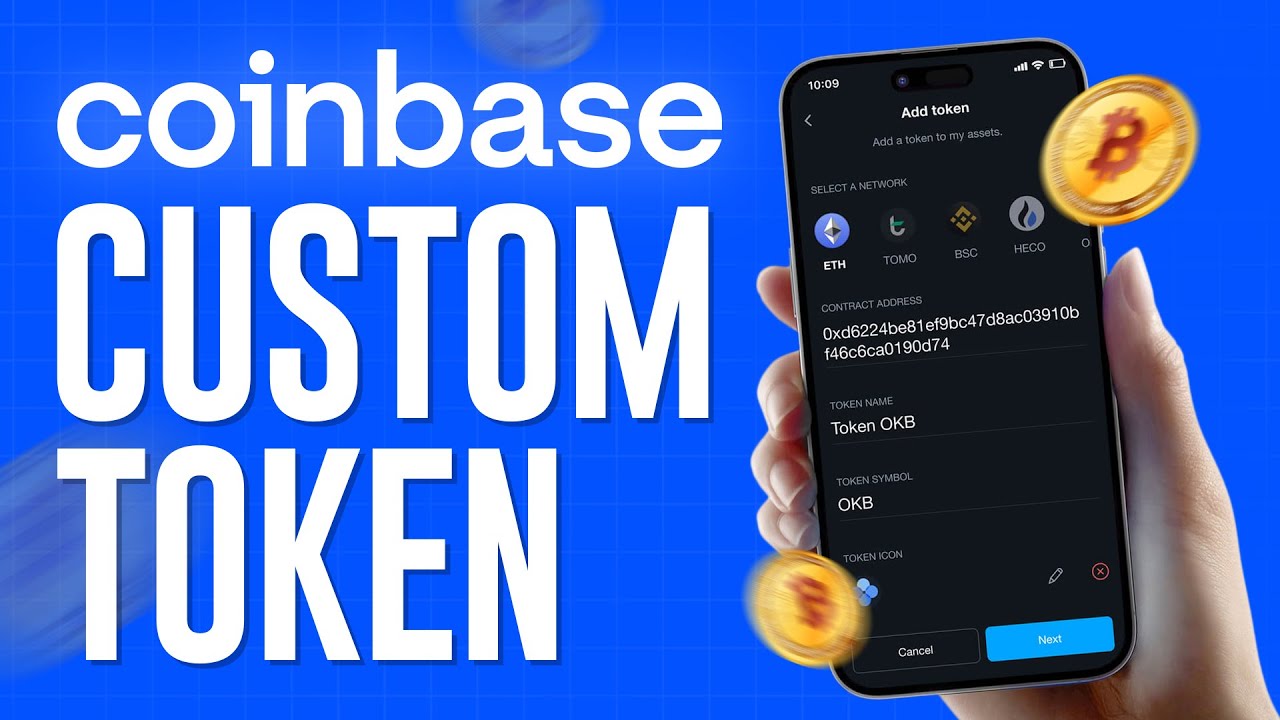The Top Metaverse Projects
Top Metaverse Projects
Discover the world of Metaverse projects - blockchain-based ecosystems where you can own, trade, and create unique virtual assets. Using NFTs and cryptocurrency tokens, these projects enable users to buy, sell and customize their virtual avatars while interacting with others in a decentralized world.
1. Decentraland
Decentraland is an Ethereum blockchain-based virtual reality platform that allows users to create, experience, and make money from their content and applications. It aims to create a decentralized Metaverse where users can buy land, play games, and host live events. Users can use the ATLAS tool to find development locations. Decentraland uses MANA, a fungible, ERC20 cryptocurrency token, to buy LAND parcels. LAND is a non-fungible digital asset that is divided into parcels and referenced using unique coordinates. Each LAND token includes a record of its coordinates, owner, and a reference to a file that describes and encodes the content the owner wishes to provide on their land.

Decentraland offers a unique virtual reality experience with its decentralized ownership structure. This feature sets it apart from other virtual reality platforms where a central organization controls the platform and profits generated by users. In addition to owning and controlling the platform, users can create and customize their Avatars in Decentraland. This process involves personalizing their appearance, choosing a unique name, and selecting their Avatar's body, face, hairstyle, and clothing. The first 4000 users to claim their name will receive a unique wearable for their Avatar. Furthermore, collectible items in Decentraland are linked to a blockchain contract, making them immutable and preventing the creation of additional copies.
2. Upland
Upland is an online game that offers non-fungible token-based virtual real estate trading, built on blockchain. The game allows players to buy, sell, trade, and develop virtual properties based on real-world addresses. The company uses blockchain technology to ensure true ownership of the digital addresses for players, and players can earn a real income when playing the virtual-reality real-estate game. The game is similar to Monopoly, where users buy virtual properties mapped to real addresses, and each property in the metaverse is a unique NFT that can be sold or traded to other players. The game platform allows users to develop properties by staking Spark, the in-game resource token. Upland also offers what the company calls Legits, NFT collectibles of NFL Football Players, minted in association with the NFLPA, which players can collect.

Upland: a parallel multiverse revolving around commerce, entertainment and personal connections
The company is working to offer a cross-chain NFT portal to allow users to bring NFTs from other blockchains into Upland's metaverse and to introduce "meta" cars through a partnership with Cryptomotors and in-game businesses. Upland also takes action on blockchain sustainability and has partnered with EOS Authority and ClimateCare to offset a year's worth of carbon emissions for the entire EOS Mainnet, approximately 281 tonnes of carbon dioxide offset. The game categorizes players into different levels based on their net worth, calculated by combining their assets and UPX holdings. Increasing one's status offers benefits such as control over assets and access to a secondary marketplace.
3. Enjin
Enjin is a Metaverse project on the Ethereum blockchain that enables enterprises to create decentralized NFT marketplaces for gaming, real estate, branding, and e-commerce. Enjin allows developers to create and manage virtual goods on the Ethereum blockchain, reducing high fees and fraud in transferring virtual in-game goods and collectibles. Enjin's software development kits allow users to create digital assets on Ethereum and integrate them into games and apps, each recorded in a smart contract, providing cryptocurrency advantages. ENJ is Enjin's cryptocurrency, and each in-game item created on Enjin is assigned a value in ENJ.
Enjin’s primary function is to provide a way for users to handle and store virtual goods used in games, which can range from in-game currencies to tokens representing unique game items such as weapons or character accessories. Developers can complete five steps to create and destroy in-game items, including purchasing ENJ, designing items using the purchased ENJ, players acquiring and using tokens in-game, trading tokens among each other, and selling tokens for ENJ. Enjin has developed a variety of software development kits (SDKs) that include functionalities such as wallets and payment platforms to make creating virtual goods more accessible and less complex. In addition, Enjin has created application programming interfaces (APIs) to assist in deploying these items in games.
4. Sandbox
The Sandbox is a Metaverse centered around NFT gaming, based on the Ethereum Blockchain. It allows non-tech savvy users to create, sell, use, and monetize their virtual reality NFTs. The Sandbox aims to provide creators with actual ownership of their creations in the form of NFTs, and incentivize them to participate in the ecosystem. What sets The Sandbox apart is its use of the Ethereum Blockchain, which provides transparency and immutability, ensuring that each asset created within the Metaverse is unique and that ownership can be verified on the Blockchain.
The Sandbox Metaverse offers a comprehensive gaming experience for User Generated Content (UGC) Production through three integrated products: VoxEdit, Marketplace, and Game Maker. VoxEdit is an NFT creation package for Mac or PC that enables users to create and animate 3D objects like human beings, animals, vehicles, and more. Users can create custom assets such as characters, buildings, and landscapes, which can be used within the Sandbox Metaverse. The Marketplace lets users upload, publish, and sell their voxel model creations made with VoxEdit. The Game Maker allows anyone to create their own 3D games for free using user-friendly visual scripting tools, even without coding experience. The Sandbox Metaverse also has a social aspect that allows users to interact with each other in a virtual world, attend events, play games, and explore together, creating a sense of community within the Metaverse.
5. Star Atlas
Star Atlas is a new space-themed NFT game built on the Solana Blockchain network. Players time-travel to the year 2620 and explore the cosmos with virtual experiences. The game has three distinct factions: humans, aliens, and robots, with players picking their factions and engaging in faction battles to gain territorial dominance. Star Atlas has classic game modes of PvE and PvP, with the PvE mode enabling players to farm unique resources from discovered planets and sell them on the marketplace. Players are required to participate in PvP mode to compete for resources and planet colonization as a guild war.
The game utilizes Unreal Engine’s Nanite technology to deliver stunning graphics and massive levels of visual detail, creating a cinematic and detailed exploration of the virtual space. Star Atlas players can monetize their time and role-play as numerous professions to make real-world income as a Play-to-Earn concept. The POLIS Token is a governance token that allows token holders to vote on proposals that would enhance in-game policies, while the ATLAS Token is a utility token and a medium for all transactions and in-game missions in the Star Atlas galaxy. Star Atlas is a combination of the metaverse and crypto RPG that creates an immersive and thrilling experience for players to explore the cosmos and battle for territorial dominance.
The top Metaverse projects in this article offer unique and immersive experiences powered by blockchain, shaping how we interact and do business in virtual worlds. Follow UCTalent for more exciting stories related to blockchain, web3, and other fascinating topics.












